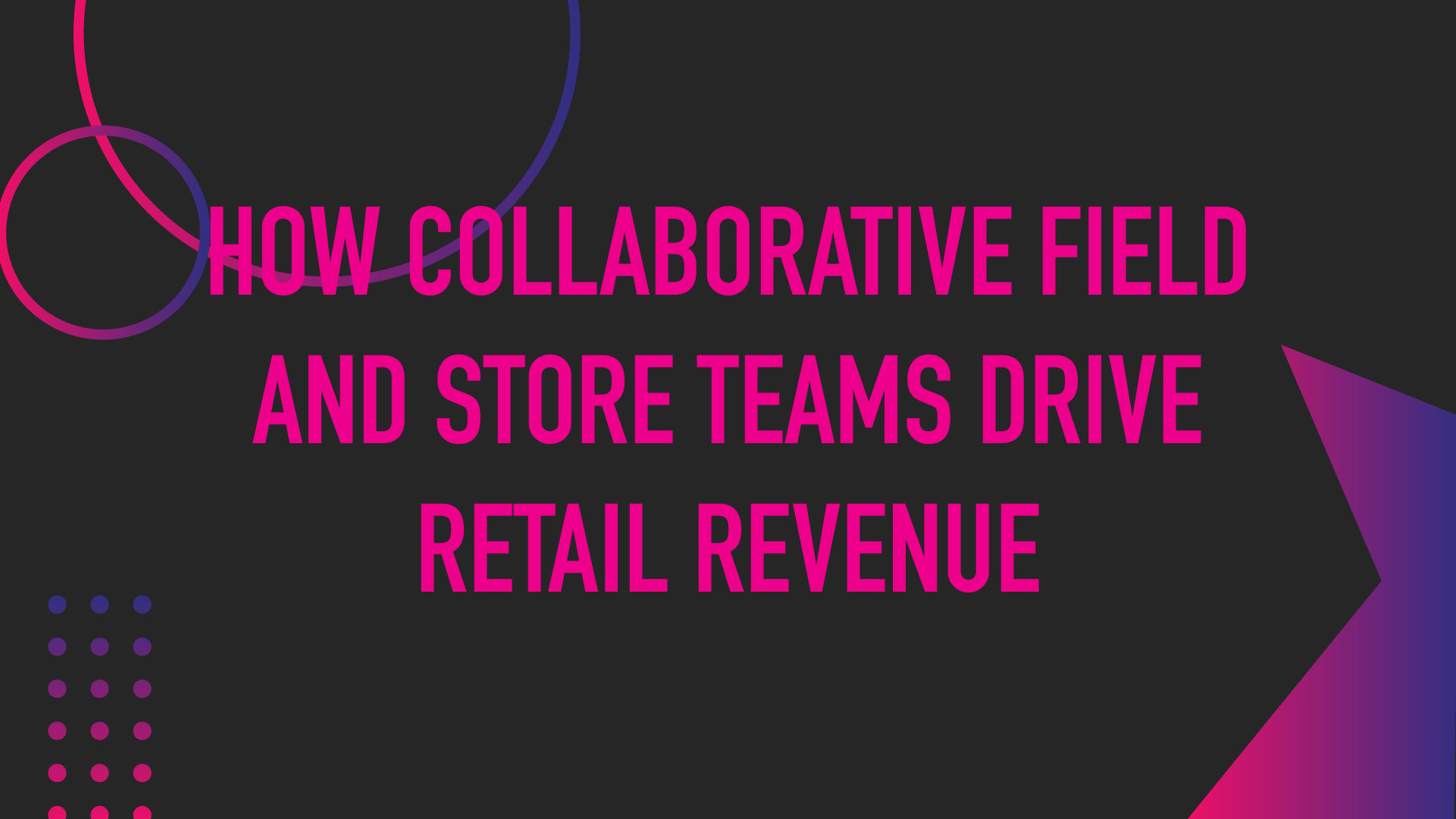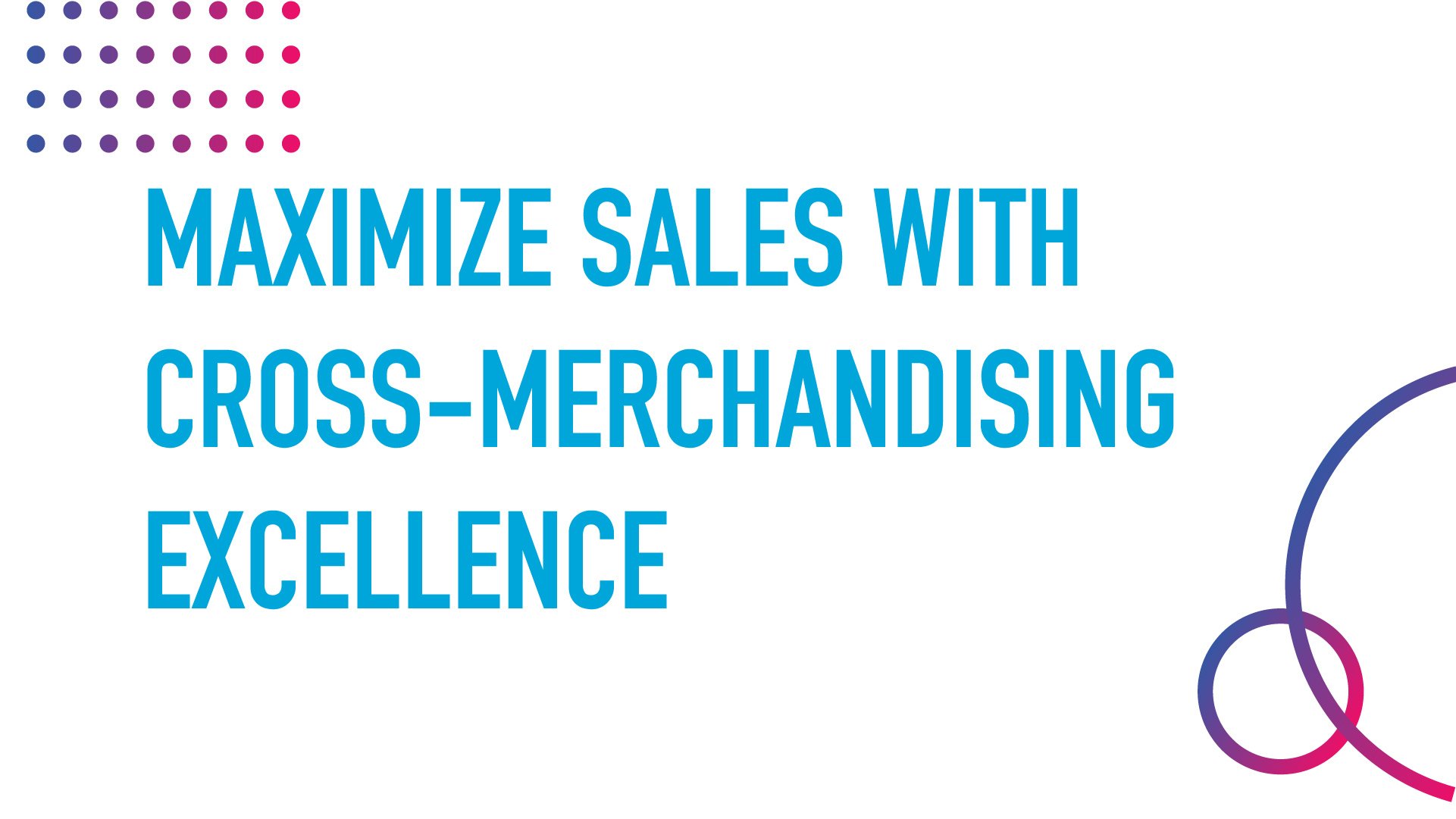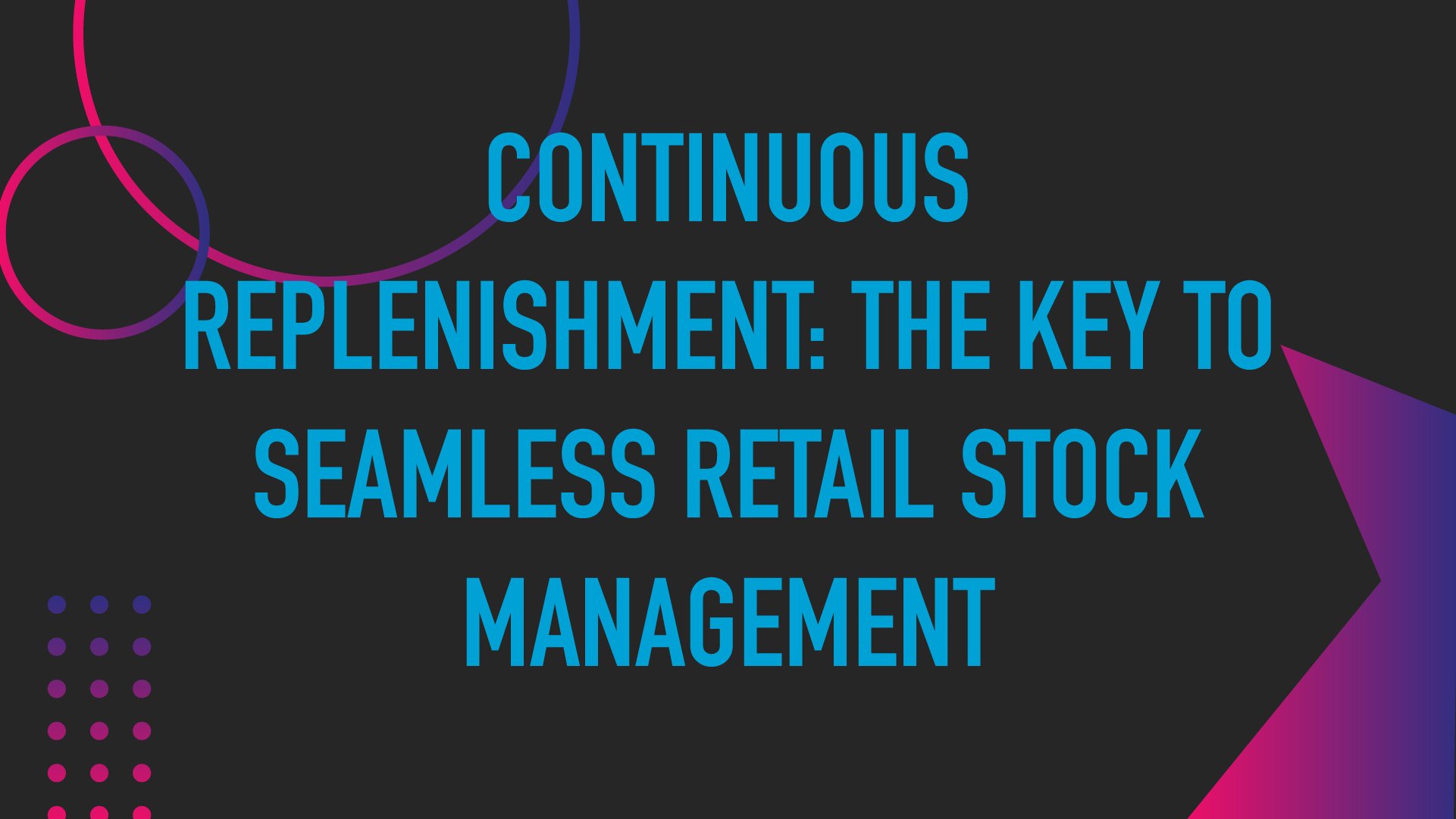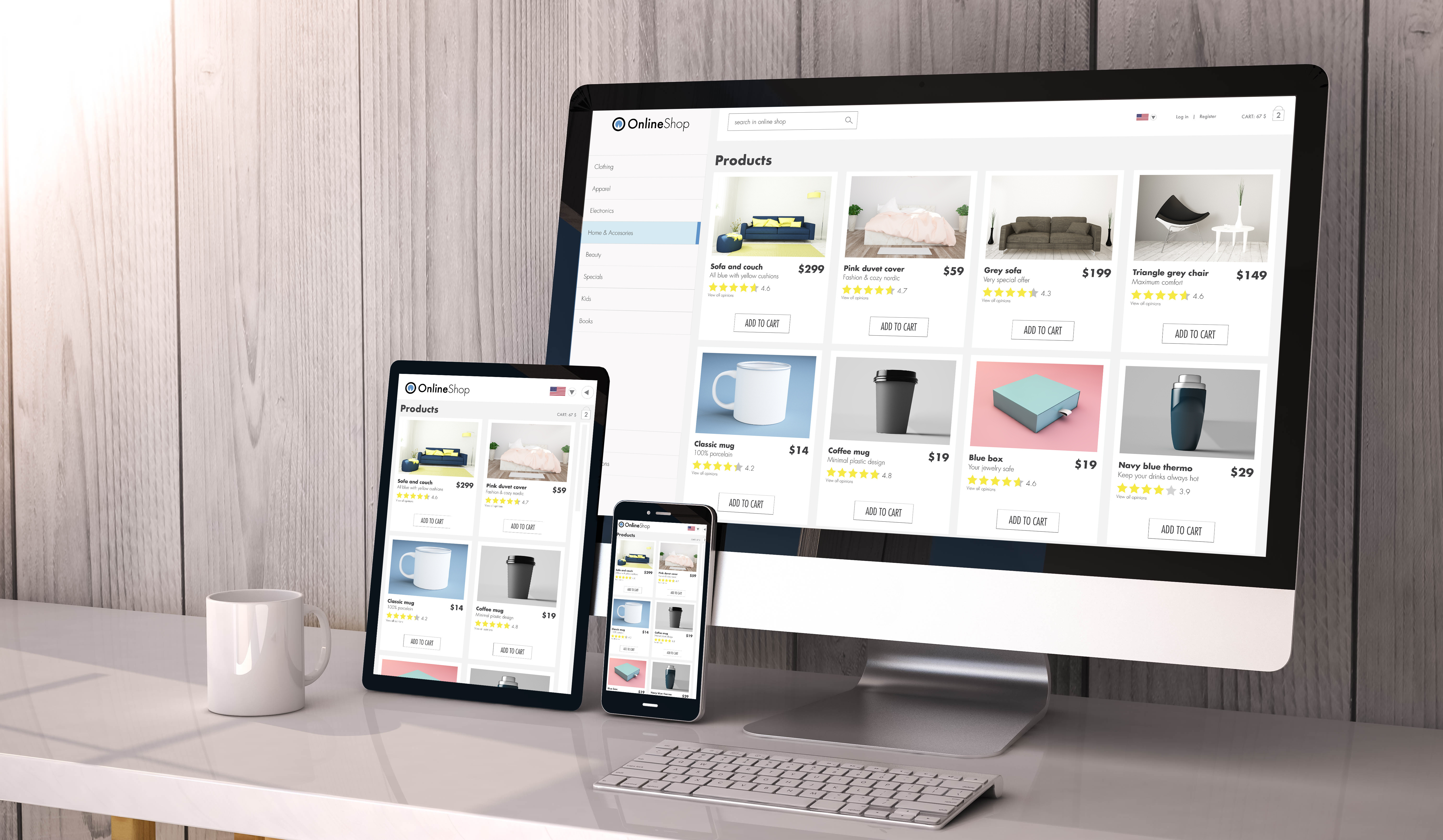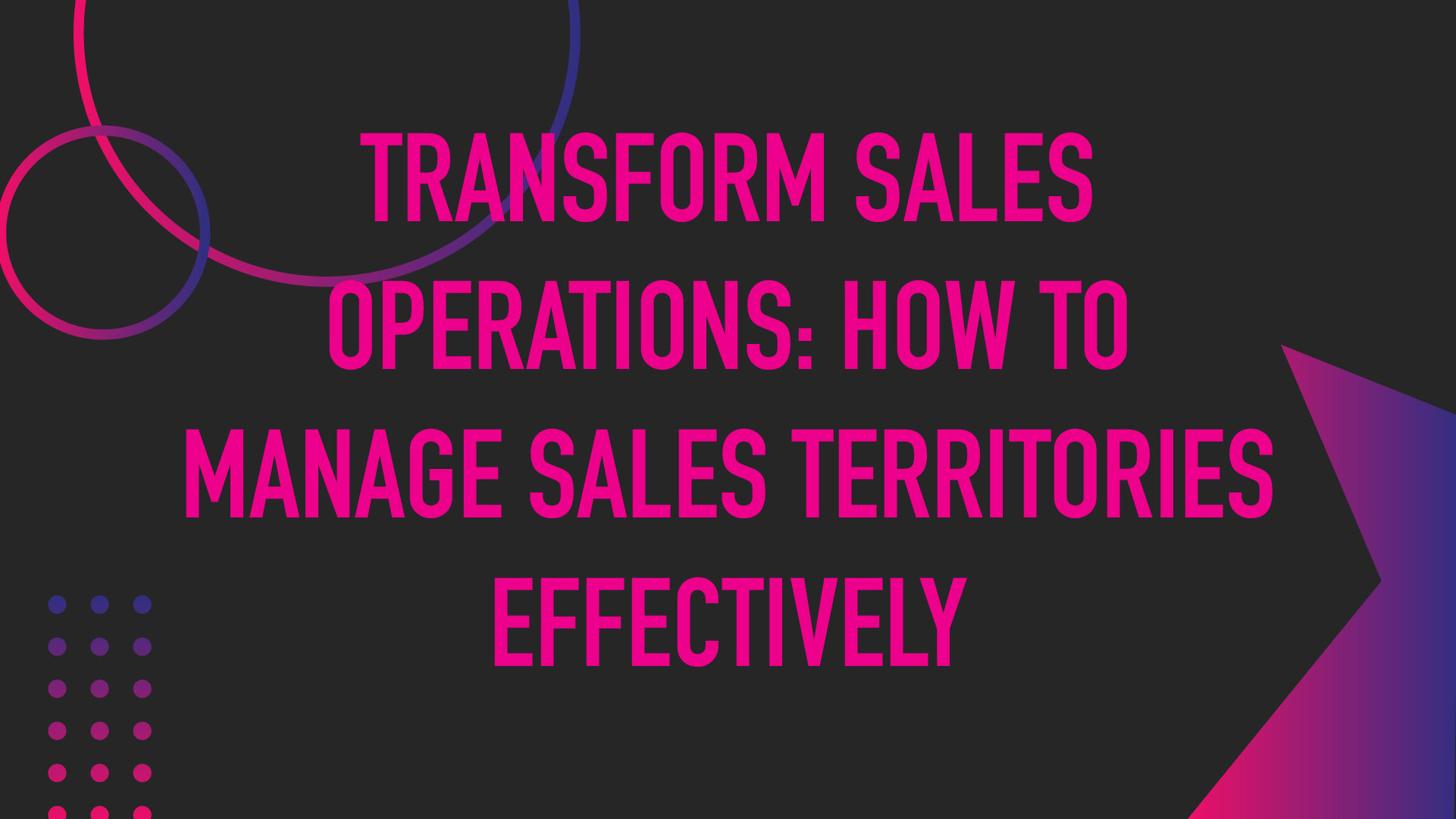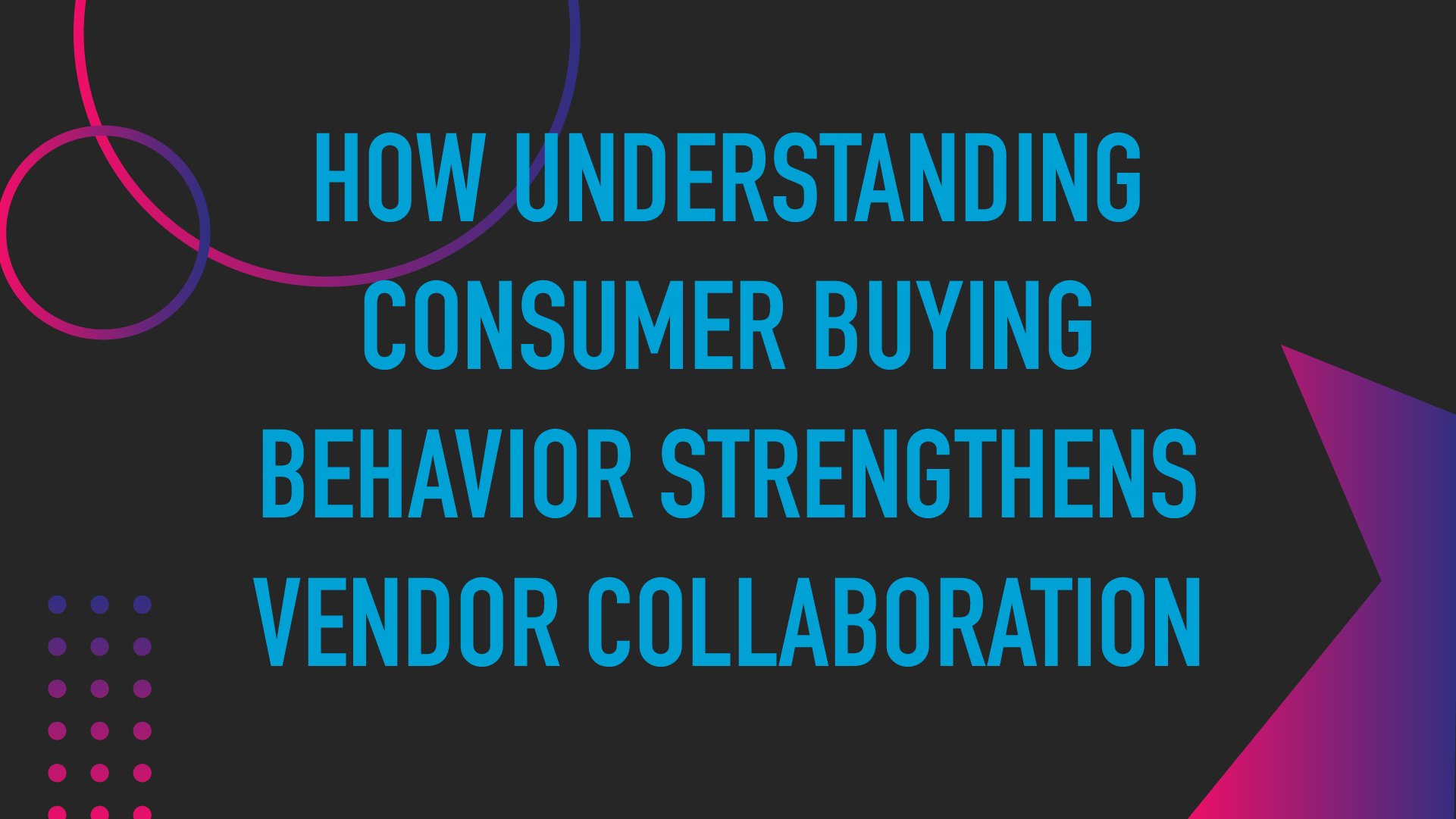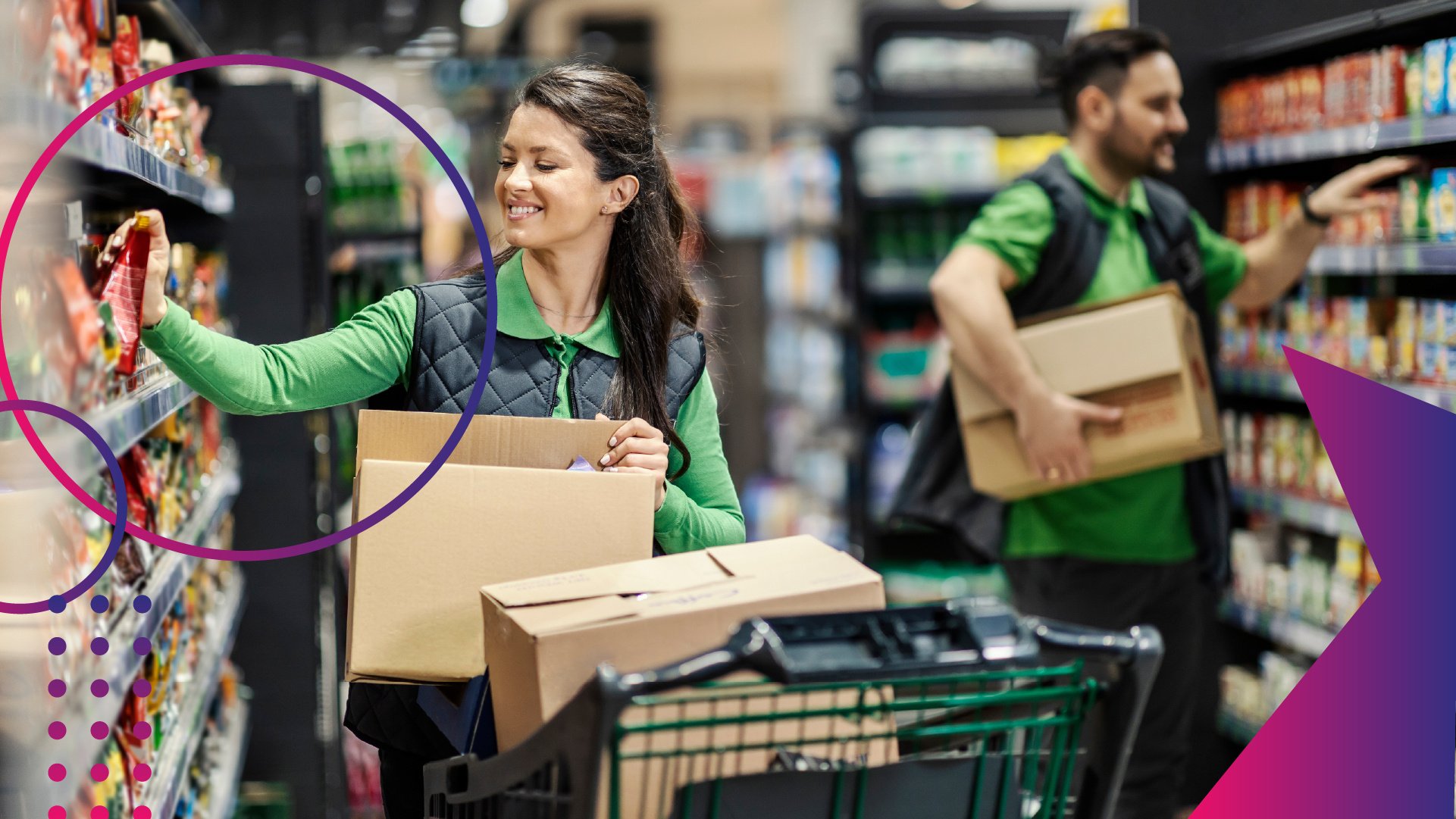CRM vs. Retail Execution Platform: Which is Right for Your Business?

Over the past decade, software has become integral to helping store and field teams execute in stores. Teams have two primary choices to pick from: software designed specifically for retail execution (i.e., retail execution platform) or generic software not necessarily designed for retail teams but which can be used to manage certain aspects of retail execution (such as CRM software).
We’re going to break down the pros and cons of each option to help you make the best decision for your organization’s unique needs.
What is CRM Software?
Customer Relationship Management software (CRM) helps organizations track, manage, and organize information related to their customers and prospects. While not designed specifically for retail execution, some teams use it to keep track of customer information such as contact details, buying habits, and preferences. These insights can be used to develop effective marketing strategies and to improve customer satisfaction, leading to increased sales and revenue. It can also identify potential customer issues or concerns before they become significant problems.
CRM software is only effective with accurate and up-to-date customer data and requires careful planning and implementation. CRM software is most beneficial to small and midsize businesses, especially those operating primarily online, due to the automation of customer data collection for digital purchases. If client data is incomplete or outdated, your insights and analysis may be inaccurate, leading to poor forecasting and decision-making.
Integrating the software with existing systems or databases can also be difficult, so verifying compatibility with any other processes already in place is crucial. Additionally, CRM software is not always customizable and does not typically provide the necessary tools to innovate and stay competitive without additional plug-ins or workarounds.
What is a Retail Execution Platform?
Retail execution platforms are a comprehensive software solution that provides teams with a seamless process for managing client experiences and in-store operations, from inventory management and order processing to merchandising and promotional execution. It monitors and analyzes how these strategies perform in real time, allowing leadership to pivot when necessary and implement new strategies as needed.
Retail execution platforms optimize in-store operations with various tools that enable companies to execute promotions, displays, and pricing strategies more effectively and automate tedious processes such as task and item management, schedule and route optimization, as well as data reporting and analysis, decreasing the time and potential of human error for administrative tasks.
Retail execution platforms require training and adoption by leadership and frontline teams, which can be a time-consuming barrier for some and potentially expensive for smaller organizations with limited resources. However, if you are willing to commit the necessary time and resources up front, a retail execution platform is a much better option in the long-term.
Key Differences Between CRM & Retail Execution Platform
Customer relationship management software and retail execution platforms are both commonly used by retail teams to manage client experiences and in-store operations. The primary purpose of CRM software is to manage customer relationships and improve customer satisfaction, whereas a retail execution platform is used to optimize in-store operations and improve overall performance.
While both solutions help improve sales and customer relations, they have different purposes, features, and functionalities, so it's essential to consider which solution complements business goals and existing strategies.
Enhance Client Experience & Relationships
Providing an exceptional client experience and building strong relationships are crucial to retaining customers and generating repeat business. Retail execution platforms can provide a better shopping experience for customers by helping teams optimize store layouts, improving product displays, and decreasing out-of-stock situations. Not only does this increase customer satisfaction by up to 97%, but it also boosts store reputation and incentivizes repeat business by 54%.
CRM software helps teams manage and maintain customer relationships by providing a centralized customer information database, allowing them to easily access customer data, track communication history, and segment customers based on their needs and preferences. This helps improve communication and coordination with clients and understand their buying habits and preferences, so you can improve inventory management and targeted merchandising efforts.
Marketing & Promotional Strategies
Being able to tailor efforts and provide personalized experiences through strategic marketing and promotional campaigns drives repeat sales and attracts new customers. Retail execution platforms improve marketing efforts by providing real-time consumer behavior and preferences data.
This can be used to tailor campaigns based on current interests and seasonality to boost revenue. Retail execution platforms can also be utilized to plan and execute promotions more efficiently by automating the process of creating and deploying promotions, saving time and resources while ensuring that promotions are consistent across all channels.
CRM software similarly provides insights into consumer behavior and preferences to help create and implement targeted marketing campaigns and promotions that attract new customers and incentivize existing ones to make purchases. It does this by separating customers based on their interests and purchase history so marketing teams can design messaging strategies that resonate and create promotions centered around consumer needs, leading to higher response rates and increased sales.
Operations Automation & Efficiency
Efficient internal operations are essential to keeping business running smoothly and work in tandem with automation to minimize the potential for human error. Retail execution platforms optimize internal processes to reduce costs and improve efficiency by automating several systems, such as inventory management, anticipating staffing needs, and data reporting and distribution. It also proves itself as an optimal resource for internal communication and task management.
CRM software helps streamline internal processes by providing a centralized customer information database, automatically collecting and assessing customer data quickly and easily. Additionally, CRM software can help you track customer service metrics such as response times and customer satisfaction, allowing you to identify areas for improvement and optimize your operations accordingly.
Choosing the Right Solution for Your Business
It's essential to assess your business needs and identify your goals when deciding between CRM software and a retail execution platform. If your primary goal is to improve customer relations and satisfaction, then CRM software may be the right choice for your business. Whereas if you are looking to optimize in-store operations and improve performance and sales, then a retail execution platform is the way to go.
CRM software provides valuable insights into customer behavior and helps teams develop effective marketing strategies, but it may not be as effective at optimizing in-store operations and meeting revenue goals. Retail execution platforms, on the other hand, can help improve in-store operations and performance but don't always provide the same level of detailed customer insights as CRM software.
Choosing between CRM software and retail execution platforms can be a challenging decision. However, understanding the differences between the two can help you make an informed choice that will benefit your business in the long run. By assessing your business needs, identifying your goals, and understanding the key differences between CRM and Retail Execution Platforms, you can find the right solution to streamline your in-store operations and improve your customer experience.
featured content
featured content

The Importance of On-Shelf Availability in Retail: Why Keeping Items Stocked is Critical for Competitiveness in 2026
Learn why on-shelf availability is critical in today's retail store environment
